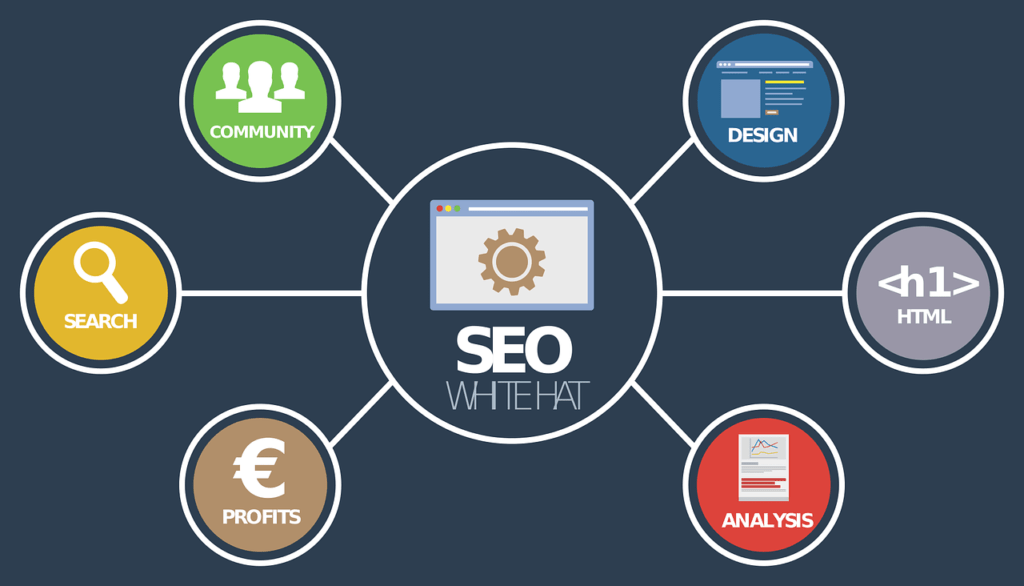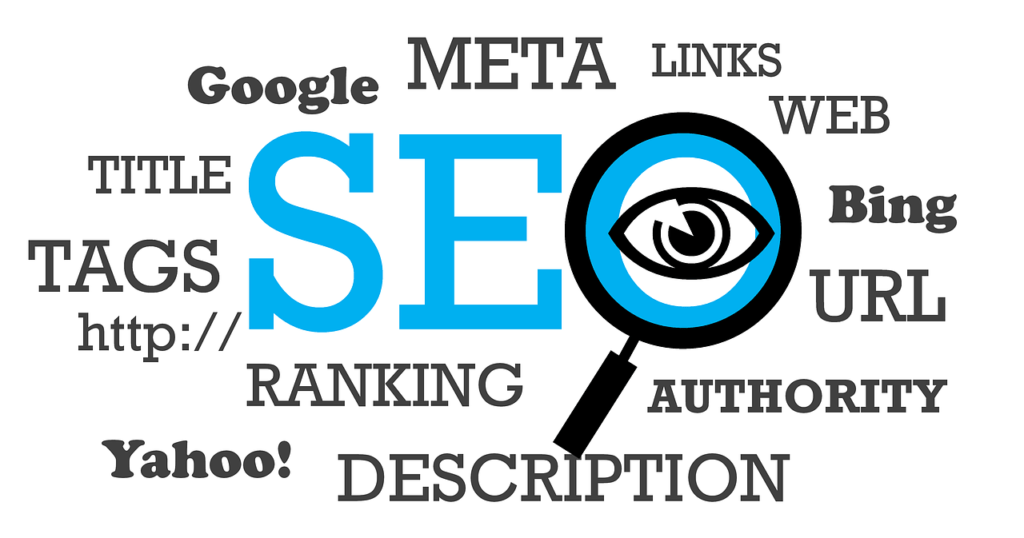The realm of online marketing is vast, with various strategies and techniques employed by businesses to achieve their goals. Among these strategies, digital marketing (DM) and Search Engine Optimization (SEO) hold significant prominence. These two facets are often intertwined and confused, leading to misconceptions about their functionality and application. This article aims to provide an in-depth comparison of digital marketing and SEO, elucidating their differences, similarities, and how they complement each other for business growth.
Understanding Digital Online Marketing
Digital marketing is a broad term that encompasses all marketing efforts leveraging digital channels like search engines, social media, email, and other websites to connect with current and prospective customers. Unlike traditional marketing, digital marketing allows businesses to interact with their target audience in real time, making it more efficient and result-driven.
Get rock-solid web hosting with Hostinger! Enjoy 70% off, blazing speeds, and the reliability you need. Use our referral link to get your deal!
The Role of Digital Marketing in Today\’s Businesses
In today\’s hyper-connected world, digital marketing plays a pivotal role in shaping the success trajectory of businesses. It enables businesses to build a direct relationship with their customers, gather invaluable insights about their preferences, and tailor their offerings accordingly. The power of digital marketing lies in its ability to attract, engage, and convert online visitors into customers, thereby driving business growth and profitability.
Deciphering SEO
SEO is a subset of digital marketing that focuses on increasing website visibility in organic (non-paid) search engine results. It involves the strategic use of keywords, link-building, and creating high-quality content that attracts and engages users. By optimizing a website for search engines, businesses can improve their site\’s ranking, increase organic traffic, and boost the likelihood of attracting potential customers.
How SEO Works
SEO operates on algorithms set by search engines like Google, Bing, and Yahoo. These algorithms consider a multitude of factors like keyword usage, site design, and backlinks to rank websites on their search result pages. The higher a website ranks, the greater its visibility, leading to increased organic traffic.
Case Studies Illustrating the Power of SEO
Several case studies have illustrated the transformative power of SEO. For example, one case study showed how Brian Dean used the \”Skyscraper Technique 2.0\” to increase his organic SEO traffic by 652% in just a week (source). Another case study highlighted how a Fintech company, Northmill, analyzed its business competitors to develop high-quality content, leading to a significant increase in traffic and conversion of readers into customers.
The Intersection of DM and SEO
While DM and SEO are distinct, they intersect in many ways. Digital marketing strategies often rely on SEO to reach and engage with a broader audience online. Conversely, SEO benefits from the broader context provided by digital marketing, which includes aspects like social media marketing, email marketing, and content marketing.
How Digital Marketing and SEO Complement Each Other
SEO and digital marketing can work together harmoniously to boost a business\’s online presence. SEO brings in organic traffic, while digital online marketing strategies nurture this traffic, guiding potential customers through the sales funnel. Effective integration of both can significantly enhance a brand\’s visibility and customer engagement, ultimately leading to higher sales and revenue.
Digital Marketing vs. SEO: A Comparative Analysis
Though often used interchangeably, digital marketing and SEO are not the same. Digital marketing is a broad umbrella, under which SEO falls. Digital online marketing focuses on the overall online marketing strategy, including paid advertising, social media marketing, and email marketing, while SEO specifically focuses on improving organic search engine rankings.
Key Differences
The key differences between digital online marketing and SEO lie in their goals, techniques, and scope. While the primary goal of digital marketing is to promote a brand through various online channels, SEO aims to increase a website\’s ranking on search engine results pages. DM uses techniques like email marketing, social media marketing, and pay-per-click advertising, whereas SEO relies on keyword optimization, link-building, and content creation.
Impact on Business Growth
Both DM and SEO play crucial roles in business growth, albeit in different ways. DM initiatives can create brand awareness, generate leads, and convert prospects into customers. Simultaneously, effective SEO can enhance a website\’s visibility, attract organic traffic, and improve user engagement.
Case Study: SEO Impact on Business Growth
In a case study by Diggity Marketing, it was shown that a client could grow their traffic by 417% in just 8 months by deploying the right SEO strategies, content improvements, and backlink tactics. This led to an additional $48,000 in monthly revenue, demonstrating a 112% increase in overall revenue.
Case Study: Digital Marketing Impact on Business Growth
A report by Content Marketing Institute revealed that 70% of B2B content marketers said their organization\’s content marketing efforts have been somewhat or much more successful than last year. This signifies the power of digital marketing in driving business success.
Strategic Integration of Digital Marketing and SEO
Strategic integration of DM and SEO can optimize a brand\’s online presence and accelerate business growth. The broad reach of digital marketing strategies can be utilized to nurture the organic traffic brought in by SEO, creating a symbiotic relationship that enhances customer engagement and conversions.
Conclusion and Future Trends
As businesses continue to navigate the digital landscape, the importance of both digital marketing and SEO cannot be understated. Each plays a unique and vital role in enhancing online visibility, driving traffic, and fostering customer engagement. While digital marketing provides a broad approach to reach potential customers across various online platforms, SEO ensures that a business\’s online content can be easily found by search engines.
More importantly, the integration of DM and SEO can offer businesses a competitive edge in the digital marketplace. For example, SEO can support DM efforts by improving organic search engine rankings, while digital marketing strategies can enhance SEO by boosting brand awareness and customer engagement.
With the growing reliance on digital platforms, businesses that effectively integrate digital marketing and SEO are likely to see increased customer engagement, higher conversion rates, and improved return on investment. As such, businesses should consider both digital marketing and SEO as essential components of their overall marketing strategy.
Future trends in DM and SEO are likely to focus on improving user experience, leveraging data analytics, and personalizing content to meet individual customer needs. With advancements in artificial intelligence and machine learning, businesses will have more tools at their disposal to refine their digital marketing and SEO strategies, ultimately driving business growth and success.









